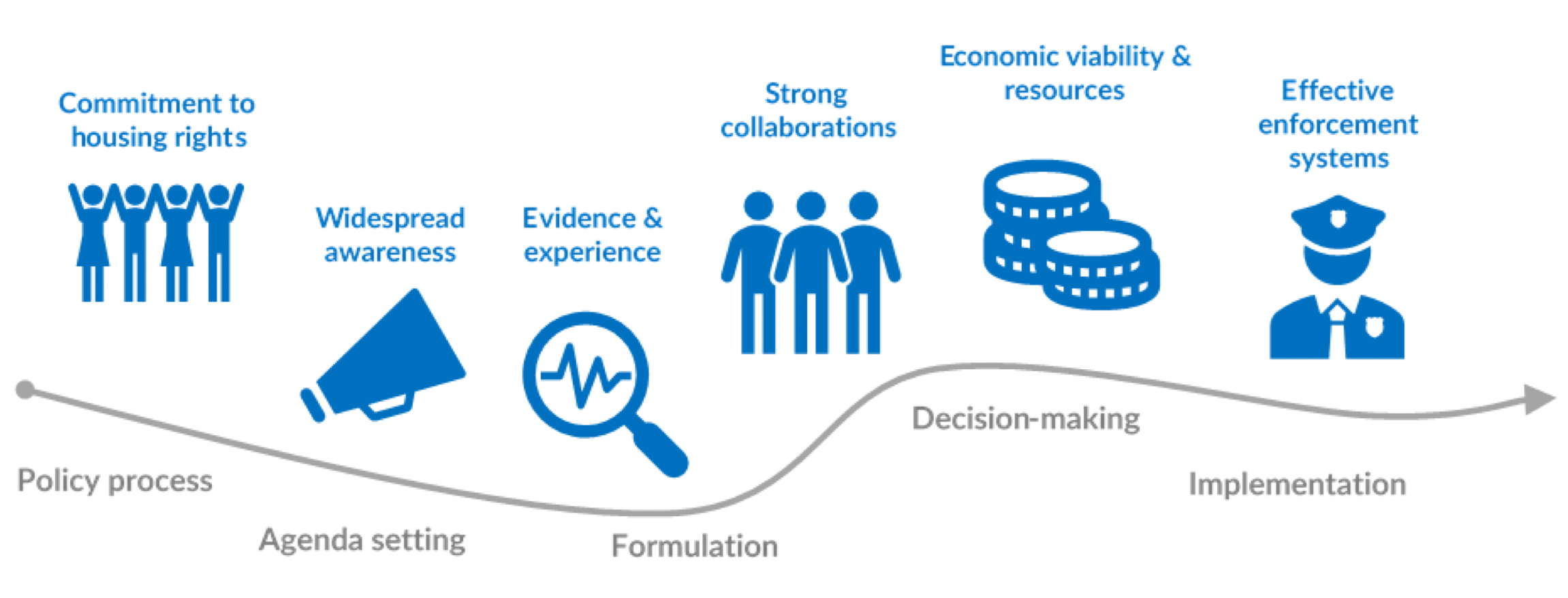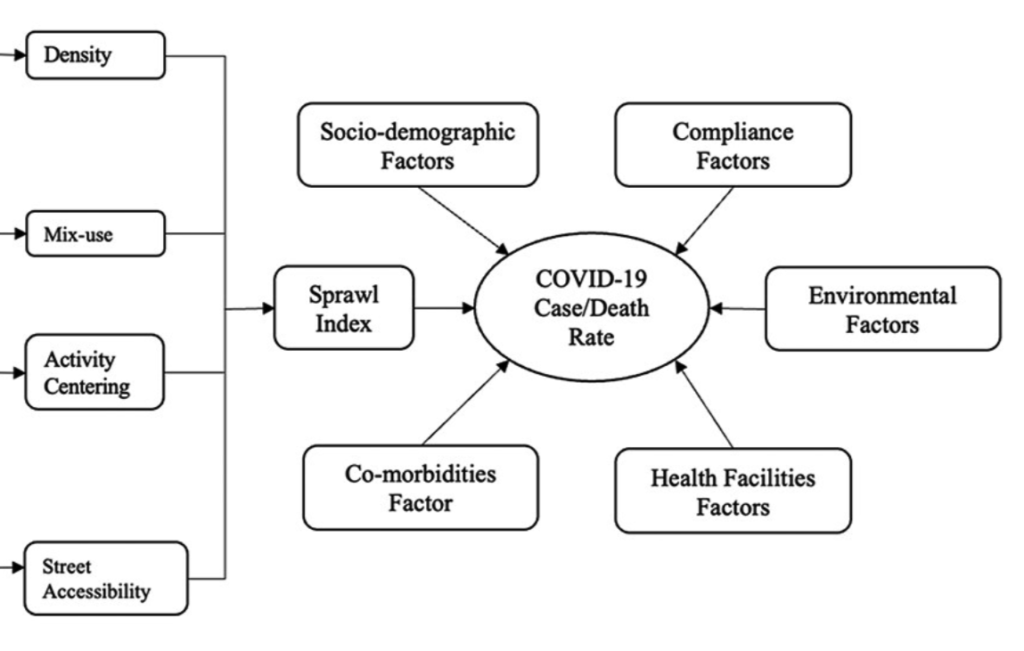City Know-hows

Generating awareness and evidence of existing housing conditions and their health impacts are fundamental. That makes it possible to collaborate across sectors and with stakeholders, establishing effective enforcement and tackling issues concerning private rights.
Share
Target audience
Policy makers, urban leaders, expert groups on housing
The problem
There is a lack of housing policy that stipulates requirements for health. A recent publication from WHO, its Housing and Health Guidelines re-focuses us all on the need to consider housing when providing healthy environments.
What we did and why
We completed a review of the literature that discussed the development and implementation of healthy housing policy, to understand what worked and to guide the development of this policy area.
Our study’s contribution
Our evidence review sets out lessons for those who are working in housing and health to take forward and then enable better policy development and implementation.
Impacts for city policy and practice
What enables health housing policy development and implementation?
We need to
Further information
Full research article:
Getting to effective housing policy for health: a thematic synthesis of policy development and implementation by Emily Nix, Andrew Ibbetson, Ke Zhou, Michael Davies, Paul Wilkinson, Ramona Ludolph, and Helen Pineo.
Related posts

As emerging challenges have made urban areas increasingly vulnerable, jeopardizing the health and well-being of their inhabitants, resilience should be seen as a pathway for healthy cities and integrated into urban planning practices. This study shows if and how existing indicator frameworks can identify urban systemic vulnerabilities and priorities for resilience building to provide local authorities with evidence crucial in planning for healthy and resilient cities.

Compactness level urban areas have different health related outcomes during COVID-19.

Assessing the impact of walking in different urban spaces during the pandemic highlights the positive effects of high-quality green spaces for mental health.